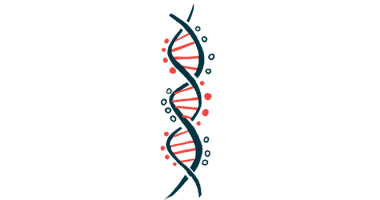Phase 2a Study of Tesomet Complete; Open Label Extension to Follow

Saniona announced it has completed the second part of its exploratory Phase 2a study testing Tesomet (tesofensine/metoprolol) as a therapy for Prader-Willi syndrome, involving nine adolescent patients treated for three months. The treatment seemed to be well-tolerated, and eight of the nine participants agreed to continue in a 24-week open label extension study.
The first part of the study (NCT03149445), involving nine adult patients, was completed in 2018, and showed that Tesomet seems to provide clinically meaningful weight loss and a significant reduction in hyperphagia (excessive eating).
Tesomet is a combination of two medications: tesofensine and metoprolol. Tesofensine inhibits the reuptake of three neurotransmitters in the brain: serotonin, norepinephrine, and dopamine. Reuptake is one of the mechanisms used by the brain to inactivate neurotransmitters, so inhibiting this process increases their extracellular concentrations. Increased activity of these three neurotransmitters has been linked to appetite suppression.
Since the mode of action of tesofensine may increase the heart rate and blood pressure, a second medication (metoprolol) is added to control these unwanted effects.
“We know from the first part of the study that Tesomet is efficacious in adult patients at a dose of 0.50 mg tesofensine,” Jørgen Drejer, CEO of Saniona, said in a press release.
“This important second part of the exploratory study in PWS enables us to evaluate Tesomet at a lower dose in adolescents, who [make up] a very significant part of the patient population. Based on the positive effects seen in the first part of the study in adult patients with PWS, we remain confident that Tesomet holds the potential to treat debilitating hyperphagia and significantly reduce weight in this severely underserved population,” Drejer said.
In the second part of the Phase 2 study, Tesomet was tested in adolescents at a 0.125 mg dose of tesofensine. The body weight of the participants over 12 weeks of treatment was compared between those taking Tesomet and those taking placebo.
Complete reporting of the results is expected in the first quarter of this year.
In the meantime, eight adolescents will continue to be followed up in an extension study.
“We will extend the study for an additional 24 weeks to obtain longer-term treatment data relevant for future regulatory interactions. We are very encouraged that all but one patient have chosen to continue in this extension study,” Drejer said.
PWS patients have an insatiable appetite, which leads to chronic overeating (hyperphagia) and obesity. Currently there is no cure for PWS. A medication capable of regulating appetite could prevent life-threatening overeating and extreme obesity, allowing patients to live more independently.






